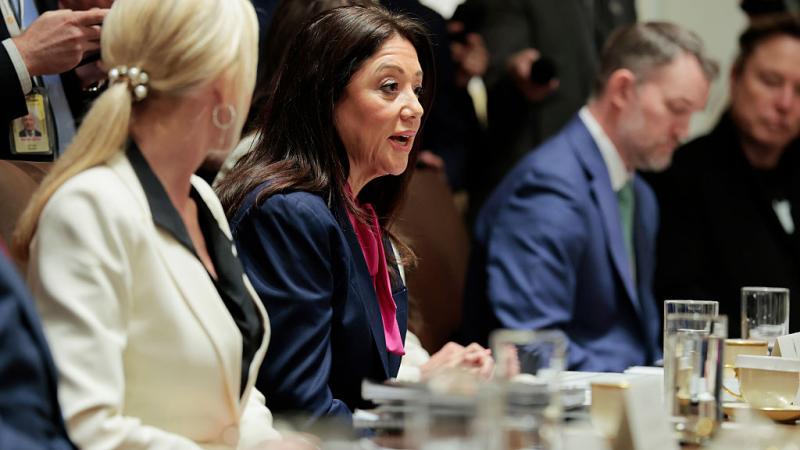Google to pay $40M to Washington state after lawsuit over location tracking
In addition to the almost $40 million financial penalty, as part of a legally-binding consent decree filed in King County Superior Court, Google is required to institute a slate of reforms in order to be more transparent with its users on how it tracks and uses consumer data.
The Washington State Attorney General’s Office announced Thursday that it had reached a settlement with Google requiring the company to pay $39.9 million to the state stemming from deceptive practices related to the tech giant’s location tracking operations.
In January 2022, Attorney General Bob Ferguson filed a lawsuit against the Mountain View, California-based company contending users were not able to effectively prevent Google from collecting, storing and profiting from their data, even though Google led users to believe otherwise.
“Google denied Washington consumers the ability to choose whether the company could track their sensitive location data, deceived them about their privacy options and profited from that conduct,” Ferguson said in a news release. “Today’s resolution holds one of the most powerful corporations accountable for its unethical and unlawful tactics.”
The initial lawsuit was expected to be a multistate lawsuit, but Ferguson said he declined and chose to file independently, believing Washington received more than double the amount it would have received if it was part of a lawsuit involving multiple states.
In addition to the almost $40 million financial penalty, as part of a legally-binding consent decree filed in King County Superior Court, Google is required to institute a slate of reforms in order to be more transparent with its users on how it tracks and uses consumer data.
When asked to comment on the settlement of Ferguson’s lawsuit over location tracking, Google referred to a statement put out by the company in November after it agreed to a $391.5 million settlement with 40 states over location tracking, insisting it had addressed a number of concerns raised by regulators about “outdated product policies that we changed years ago.”















